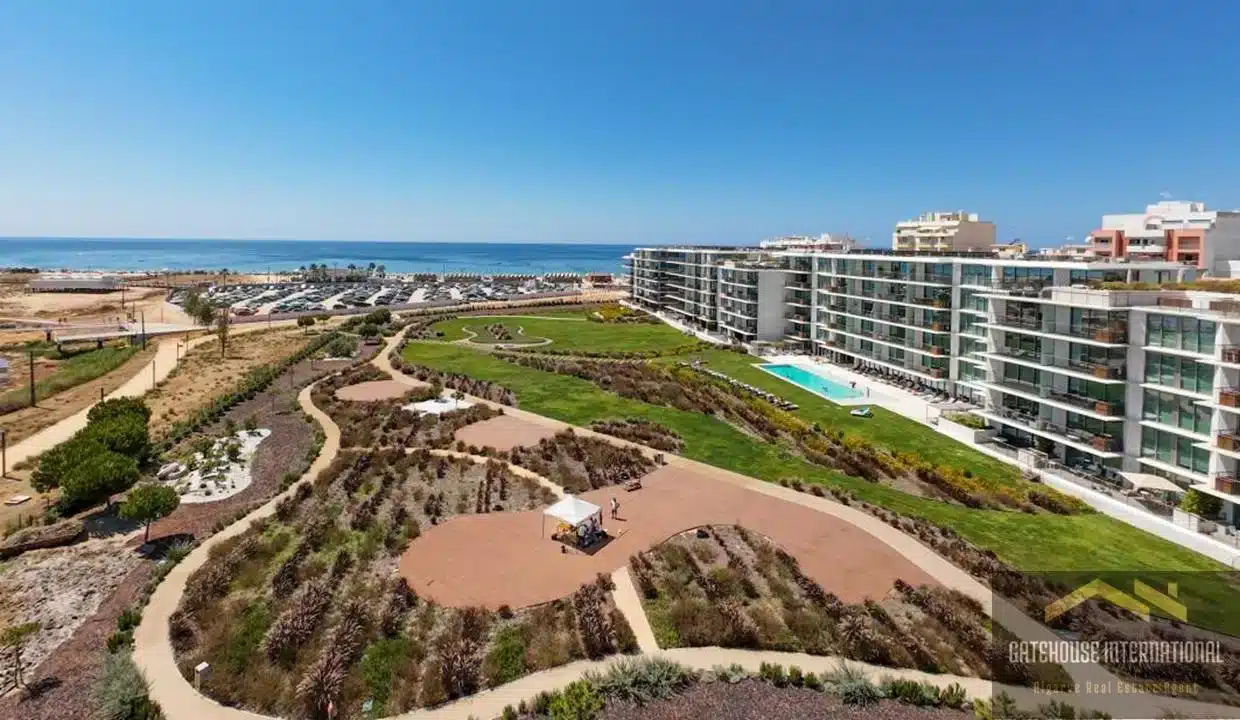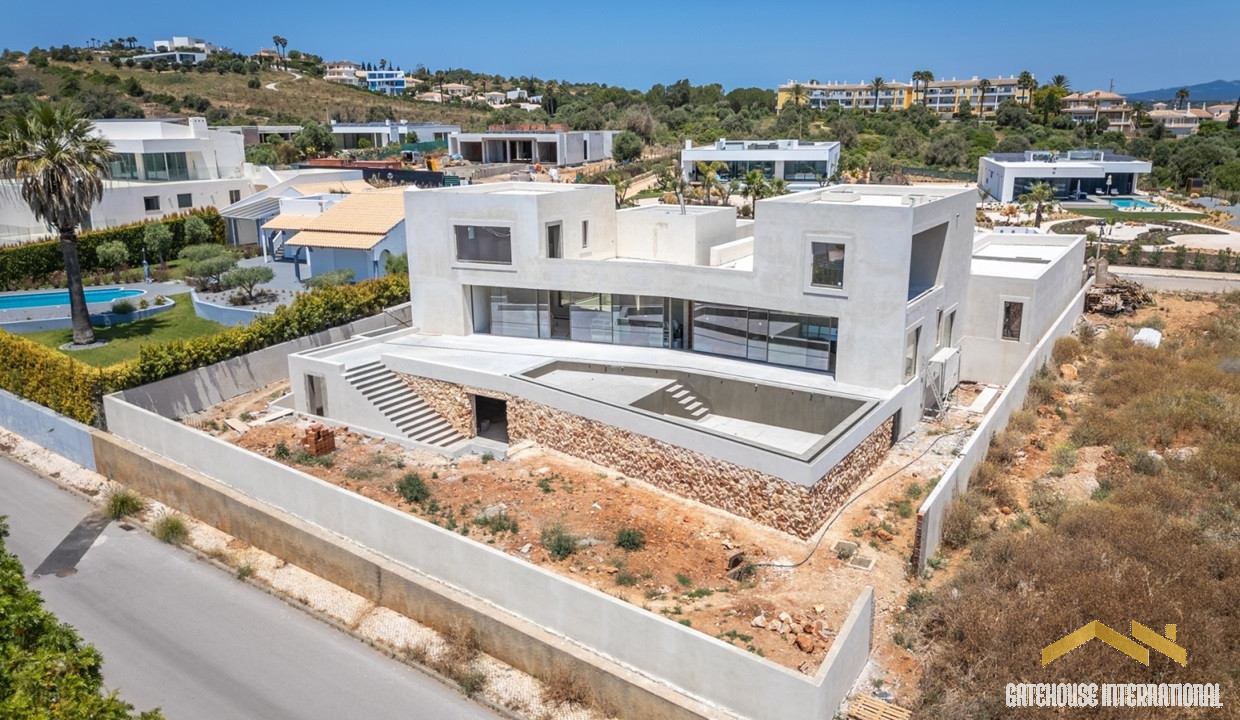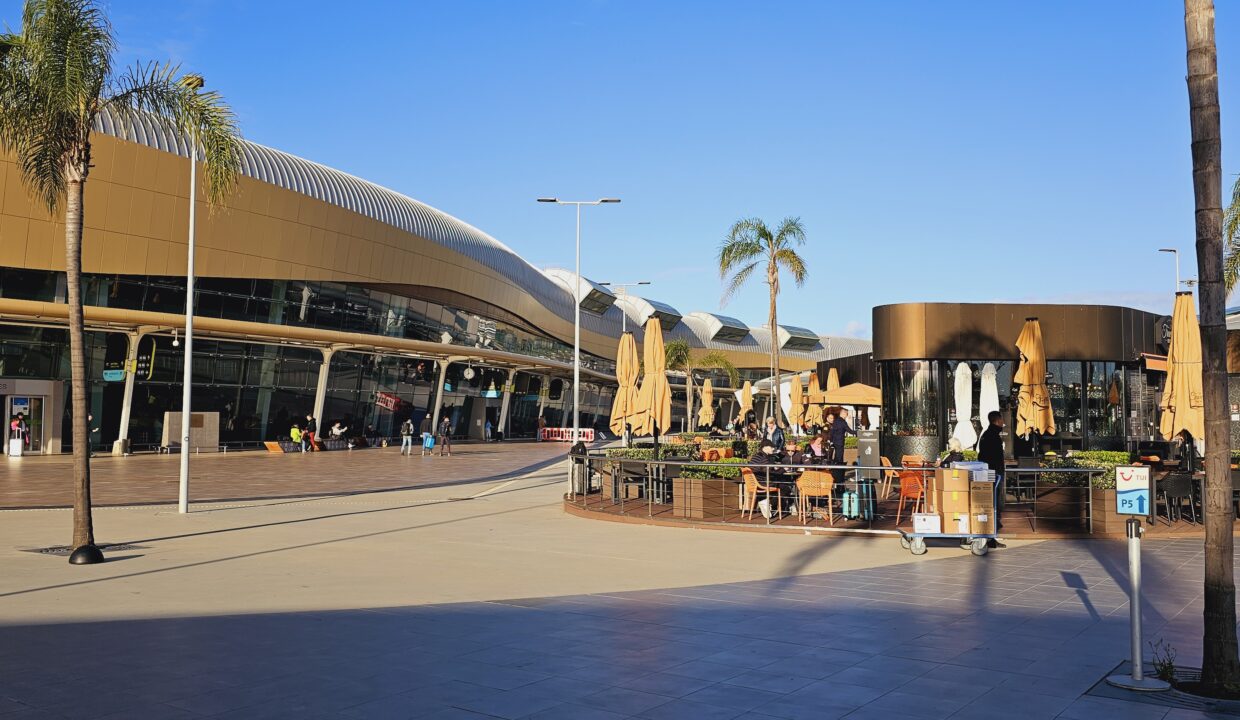Introduction
At the beginning of 2024, significant legal changes were introduced in Portugal, affecting the documentation required for property sales. One of the most notable changes is the removal of the need to provide a habitation licence when selling a property. This new law has caused some confusion due to outdated information still circulating online, leading to misunderstandings about the legal implications of purchasing an unlicensed property in Portugal.
Understanding the Legal Changes
The key point to understand is the distinction between selling a property and having a property that is legally licensed. The new law allows for the sale of properties without a habitation licence, but this does not mean that the property is legally compliant with local planning and construction rules.
What Has Changed?
The removal of the requirement for a habitation licence at the point of sale is part of the Simplex program, which aims to unlock areas of the housing market that were previously unsellable. This change allows the sale of:
- Unlicensed properties
- Properties that have been extended or altered without permission
- Properties undergoing legalization
Is a Habitation Licence Still Important?
Yes, the habitation licence, together with registered plans, confirms the legality of a property under local council regulations. While a property can now be sold without a licence, this does not automatically certify that it complies with planning rules.
Impact on Property Sales
Is My Unlicensed Property Now Legal?
No, the ability to sell a property without a licence does not make it legally compliant. There is a crucial difference between being able to sell a property and the property being legal under existing laws.
How Does This Affect Property Prices?
Property prices will be influenced by the level of knowledge of potential buyers. For example, if two identical houses are compared, one with a licence and the other without, the licensed house will generally have a higher value. Buyers must consider the licensing status when determining how much to pay for a property.
Can I Ignore Building Regulations?
No. The new law does not change the regulations regarding construction. All existing rules for licensed construction remain in place.
Do I Need to Inform the Buyer?
Yes, ethically and practically, you must inform the buyer of the property’s licensing status. Any real estate agent involved in the transaction is also obligated to disclose this information.
Financial and Legal Considerations
How Does This Affect Getting a Mortgage?
Banks typically require a habitation licence or an exemption certificate to approve a mortgage. Even though the law no longer requires a licence for the sale, banks may refuse to lend money for properties that lack a licence due to the added security that a licence provides.
Will the Notary Protect Me?
At the deed signing (escritura), the notary will inform the buyer if the property does not have a habitation licence. However, the notary will not prevent the sale, making it essential for buyers to have legal representation to verify the property documents before purchase.
What About Properties with an Exemption?
There is no difference in the sale process for properties with an exemption certificate and those without a habitation licence. Both can be sold under the new law.
Potential Risks and Precautions
Are There Any Disadvantages?
Yes, there are potential disadvantages. Some buyers may be misled into believing that a habitation licence is no longer necessary. Without proper legal guidance, buyers may end up with an unlicensed property and face future issues. It is crucial to understand the risks before proceeding with such a purchase.
What Should I Consider When Buying an Unlicensed Property?
Buyers must understand what they are purchasing, including which parts of the property are unlicensed and whether these parts can be licensed in the future. It is also essential to check if the local council has previously taken action against the property, as this could result in inheriting ongoing legal issues.
What Could Happen if I Buy Without a Licence?
If you plan to resell the property, the current law allows it, but any changes to the property requiring a licence may lead to complications. The local council could demand that any unlicensed parts be demolished or licensed retrospectively, potentially resulting in additional costs or even demolition orders.
Should You Buy an Unlicensed Property?
As long as you are aware of the potential consequences and the price reflects the property’s unlicensed status, there is no reason not to proceed. The law was revised to encourage such purchases, but due diligence is essential.
How to Protect Yourself
Seek professional advice before purchasing. A surveyor and lawyer can identify discrepancies between the registered plans and the property’s reality, ensuring that you understand the property’s legal status and potential future issues.
Conclusion
The recent legal changes in Portugal aim to make previously unsellable properties available on the market. However, buyers must be vigilant, ensuring they understand the legal status of the property they are purchasing. Due diligence is key to avoiding future complications and ensuring that the property is worth the investment.

Mark McLoughlin: A Passionate Explorer of Algarve’s Rich Heritage
For over 20 years, Mark has called the Algarve home, immersing himself in its landscapes, culture, and history. His passion lies in sharing the region’s stories through writing, photography, and guides for those who live here or dream of making the Algarve their home.
As a Level 10 Google Local Guide, Mark has contributed extensively to showcasing the Algarve’s hidden beaches, historic towns, and local gems, helping both residents and visitors discover the best of this southern paradise.
🔗 mark-mcloughlin.com




